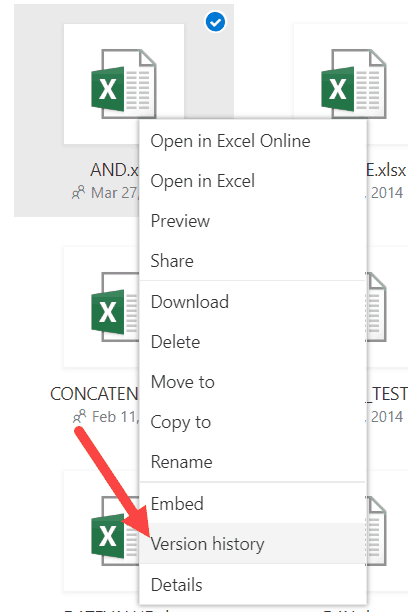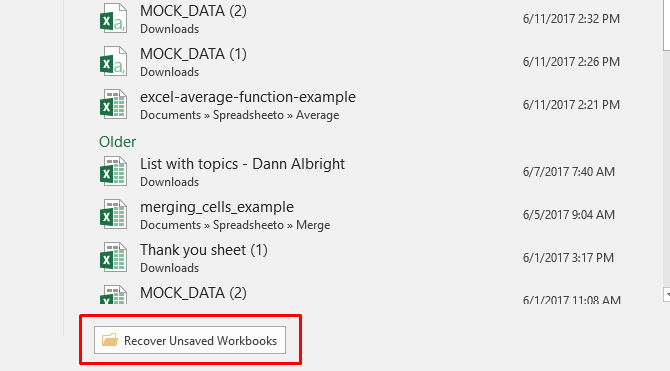Belonging or relating to the person or group of people being spoken or written to: · in this article, we’ll look at the differences between your and you’re, including when to use them, and provide illustrative examples. For our text-based lesson. How to use your in a sentence. Your is to show something … Your jacket is in that closet. Your is a word we often use in everyday conversation and writing … A speaker or writer uses your to indicate that something belongs or relates to the person or people that they are talking or writing to. Youre is short for you are. for example: Unstressed yər), pron. Emma, i trust your opinion a great deal. · if you want to show how something belongs to or is associated with someone, “your” is the correct usage. Youre and your are easy to confuse because they sound identical. (a form of the possessive case of you used as an attributive adjective): In this article, we’ll help you … A possessive pronoun used to indicate ownership or association with the person being addressed. Your is the possessive form of the pronoun you … Does she think youre happy? I left all of your … In this video, you’ll learn more about when to use your and youre correctly in american english. However, if you wish to use the shorter form of you and are to … The meaning of your is of or relating to you or yourself or yourselves especially as possessor or possessors, agent or agents, or object or objects of an action. Your (yŏŏr, yôr, yōr; · your (pronoun): · among the most common mistakes when writing—especially when writing something quickly like an email or text—is using you’re and your incorrectly. I like your idea. cf.
Is Your Spreadsheet Gone Heres Exactly How To Recover Unsaved Excel File
Belonging or relating to the person or group of people being spoken or written to: · in this article, we’ll look at the differences between...




